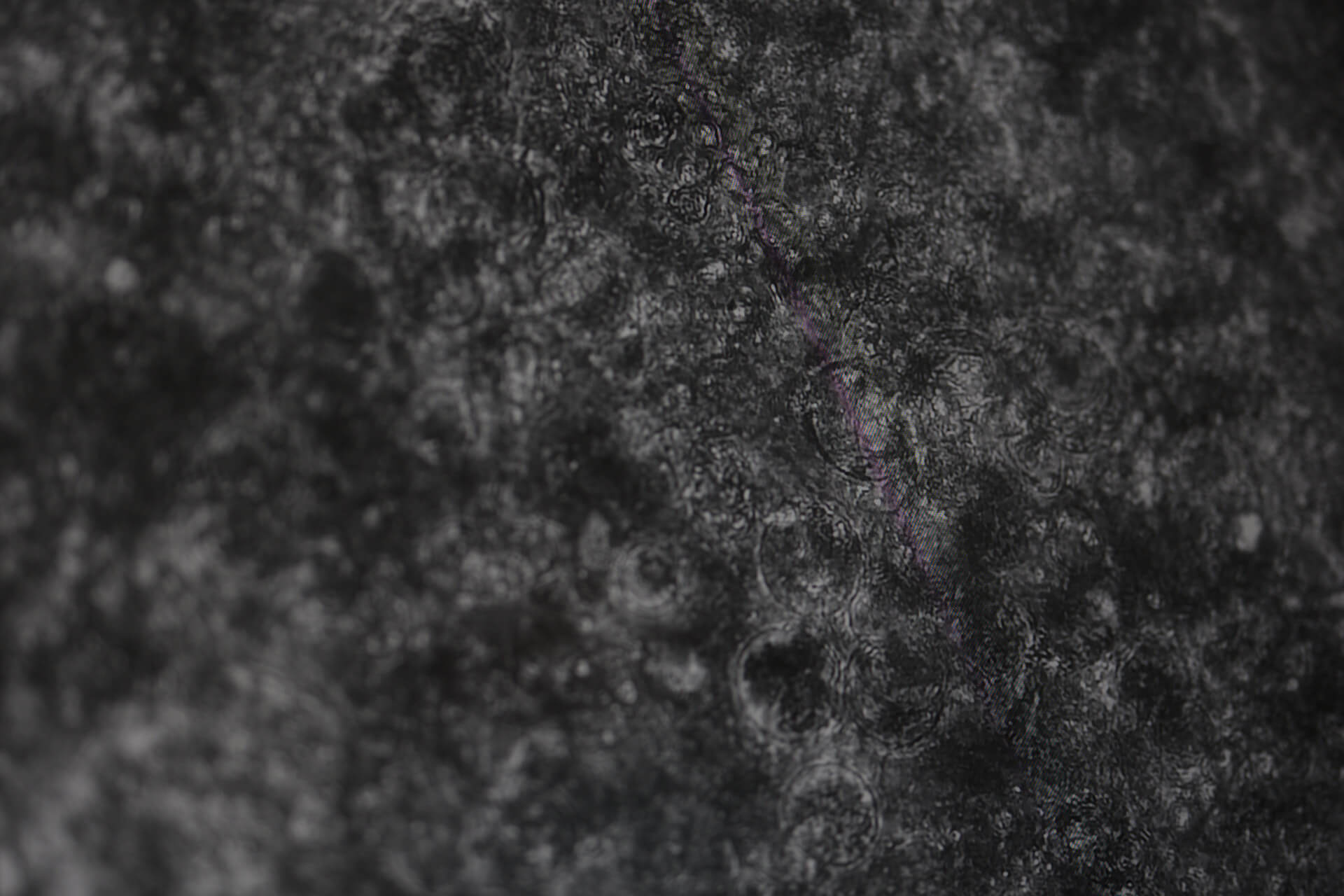Conference Report: WC11 2021
Conference Report: World Congress on Alternatives and Animal Use in the Life Sciences (WC11) 08/23 – 09/02/2021
From August 23 to September 2, 2021, the online conference WC11 took place under the motto “3Rs in Transition: From Development to Application”. The 3R principle includes the replacement, reduction, and refinement of animal experiments, which are used as standard for the testing of pharmaceutical ingredients, chemicals, or cosmetics.
The focus of the conference was on animal welfare, ethical issues, innovative technologies for the reduction of animal models and the translation of these replacement models. The greatest challenges for novel organ models were emphasized as reproducibility, automation, and standardization. In addition to the exciting lecture series, there was the opportunity to participate in numerous workshops on career development, scientific publishing, and networking.
Our PhD student Tim Kaden was nominated for the “YOU-WC11 3R Early Career Scientist Award” at the “Let the Stars Shine” workshop and presented his research results on drug-induced liver damage caused by paracetamol, trovafloxacin and levofloxacin in our liver model as a possible alternative to animal experiments.
Because Dynamic42 follows the philosophy of minimizing animal experiments with our human organ models and thereby avoiding animal suffering, the exciting presentations during the conference were trendsetting and showed the urgency to develop and improve our models.
Picture: Promotional Toolkit – WC11 Maastricht
More interesting articles:
Blog
Organ-on-chip applications by organ type – what has been done?
This blog lists examples of organ-on-chip models by organ type that have been used in the past, providing the respective literature for your reference.
Read MoreBlog
Exploring infectious disease dynamics through organ-on-chip technology
This blog explores established infection models using our organ-on-chip technology and their implications for scientific research.
Read MoreBlog
Immunocompetent Organ Models – the Future of Biomedical Research
One crucial factor that plays a pivotal role in the success of organ-on-cip models is immunocompetence. In this blog post, we delve into the significance of immunocompetence in organ-on-chip models and how it opens new avenues for advancing medical research.
Read More

